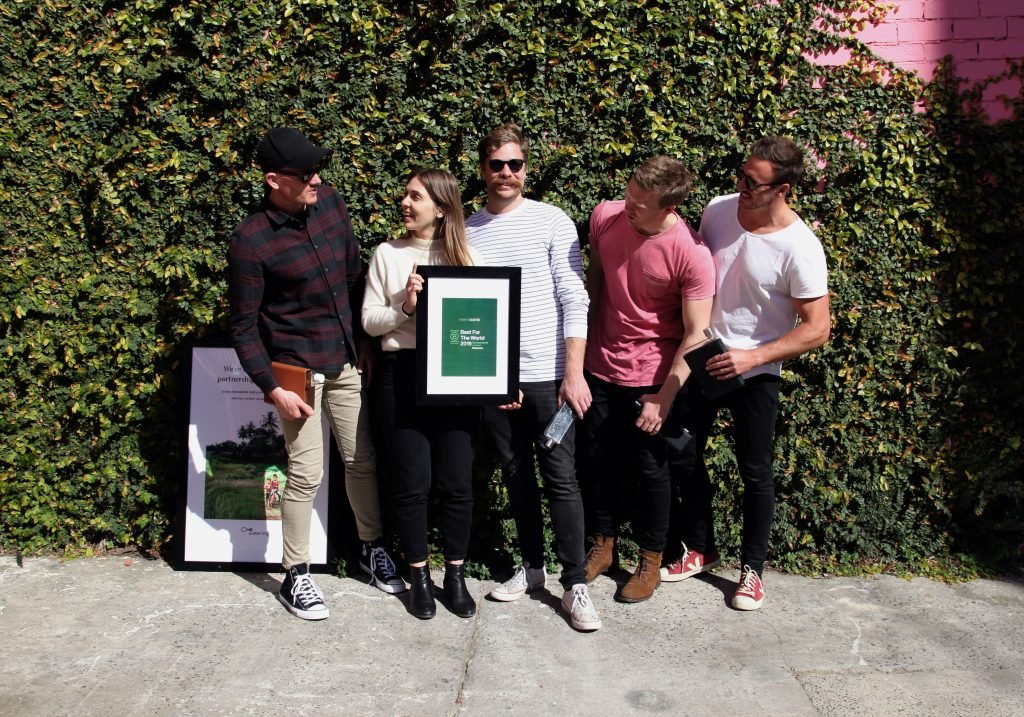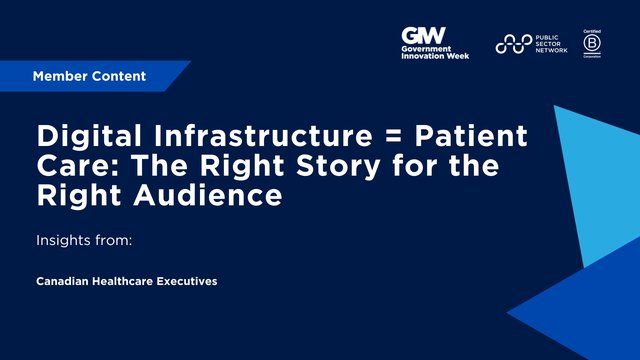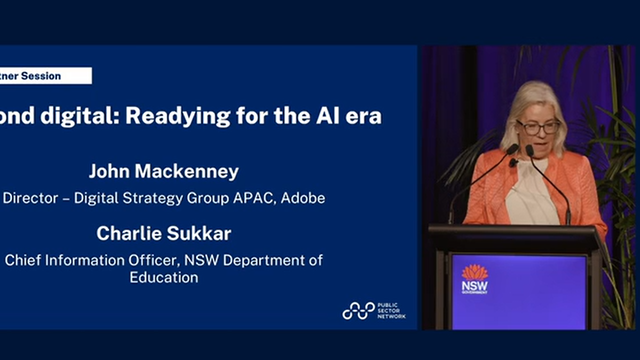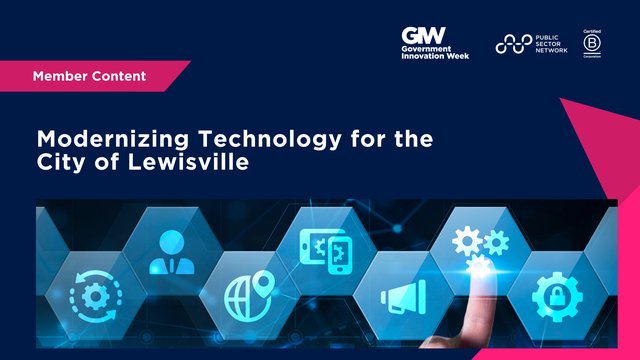Increasing procurement from Certified B Corporations
Australia and New Zealand are well placed to delve into the heart of the new decade in a better position, in a business sense, than both countries were before. Encouraged by their customers and clients, businesses are now looking to act in new and exciting ways, leading to plenty of unrivalled opportunities.
Sustainable economic management is often at the core of government thinking, but this rarely translates into effective or long-term policies. To be truly effective, businesses need to be concerned with not just economic outcomes, but social and environmental ones too.
B Lab, a global not-for-profit organisation, was founded so that businesses could be used as a force for good, thus leading to greater prospects for local employment, local supply chains and procurement opportunities, and greater environmental impacts. Certified B Corporations (aka B Corps) under the auspices of B Lab have been around since 2007 and are businesses that meet the highest standards of verified social and environmental performance, public transparency, and legal accountability to balance profit and purpose. They are now found in 70 countries and across 150 industries.
Completing a B Impact Assessment is the first step towards becoming a B Corp. The test has five areas of impact, each of which is assessed separately: Governance; Workers; Community; Environment; and Customers. A score out of 200 for the test is provided, though this is aspirational. To become a B Corp, a business needs to score 80 or above.
In Australia, B Lab is not the only organisation that provides business certifications. It is a global organisation and provides a robust accreditation, but Social Traders focusses on social enterprises and Supply Nation focusses on a range of Aboriginal and Torres Strait Islander businesses. B Corps are however uniquely positioned to help governments extend the positive, social and environmental outcomes they are achieving through procurement, by recognising a broader range of business types that have positive impacts.
Moreover, B Corps provide products and services that government need to buy. Many public servants are keen to deliver public value and see this as their role, but they don’t always prioritise public value in government procurement decisions. Being a B Corp helps businesses to provide meaningful local employment opportunities with strong local supply chains, and it means that businesses can be more attuned to the needs of their local communities. Ultimately this is beneficial for the government too. In fact, governments around the world recognise the contribution that B Corps are making to social and environmental outcomes, and have implemented a range of initiatives to encourage businesses to become B Corps.
Some of these initiatives are more successful than others, and most are still nascent, but eventually B Lab’s vision globally and in Australia and New Zealand is for an inclusive, equitable and regenerative economic system for all people and the planet. Government is a critical influence on the economic system and governments at all levels have the opportunity to shape the system to produce more positive outcomes. Governments should do all they can to support businesses and through government procurement and investment, and the promotion of legal and policy frameworks to enable and encourage for-profit businesses to pursue material public benefit. That way all businesses – whatever their size or industry – can become a true force for good.



































